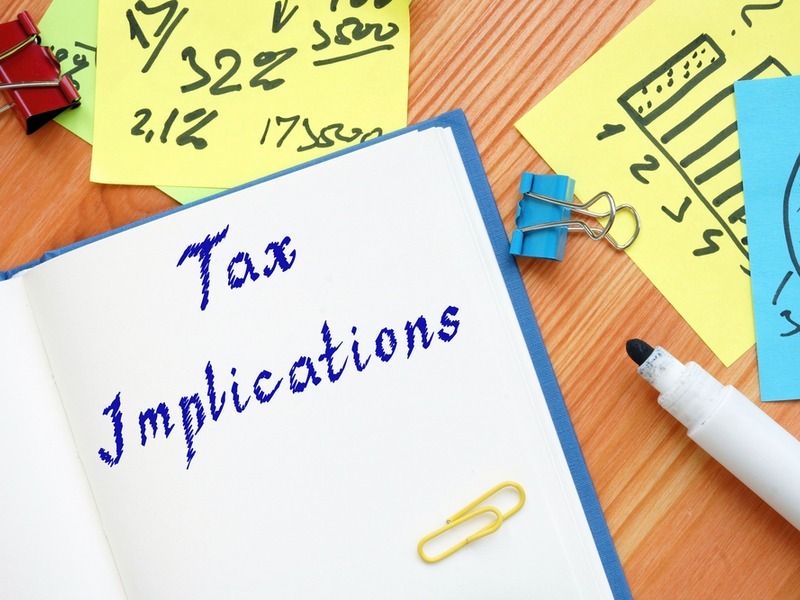Investing in stocks and shares can be a lucrative way to grow your wealth over time, but it's important to be aware of the tax implications that come with it. In this blog post, we'll explore some of the key tax considerations for investors in stocks and shares.
Capital gains tax
One of the main tax implications of investing in stocks and shares is capital gains tax (CGT). This tax is levied on the profits made from selling assets, including stocks and shares, and is payable on any gains over a certain threshold. In the UK, the current CGT allowance for the tax year 2022/23 is £12,300. Any gains made above this amount will be subject to CGT.
It's worth noting that CGT is only payable on realized gains, which means that if you hold onto your stocks and shares and they increase in value, you won't be taxed until you sell them. However, it's important to keep track of any gains you make so that you can calculate your tax liability accurately when you do sell.
Dividend tax
Another tax consideration for investors in stocks and shares is dividend tax. Dividends are payments made by companies to their shareholders, and they are often a key reason why investors choose to invest in stocks and shares. However, dividends are also subject to tax.
In the UK, there is a tax-free dividend allowance of £2,000 for the tax year 2022/23. Any dividends received above this amount will be taxed at a rate determined by your income tax band. Basic rate taxpayers will pay 7.5% on dividends above the allowance, while higher rate and additional rate taxpayers will pay 32.5% and 38.1% respectively.
ISA and pension tax benefits
While there are tax implications to investing in stocks and shares, it's important to note that there are also tax benefits. One of the most popular ways to invest in stocks and shares tax-efficiently is through an Individual Savings Account (ISA). With an ISA, you can invest up to £20,000 per tax year (2022/23) and any profits made from your investments will be tax-free.
Another tax-efficient way to invest in stocks and shares is through a pension. Contributions to a pension are made from pre-tax income, which means that you receive tax relief on your contributions. Any profits made from your investments within a pension are also tax-free, although you will pay tax on any withdrawals you make in retirement.
In conclusion, investing in stocks and shares can be a tax-efficient way to grow your wealth over time, but it's important to be aware of the tax implications. Capital gains tax and dividend tax are two key taxes to consider, but there are also tax benefits to investing in stocks and shares through an ISA or pension. By understanding the tax implications of investing in stocks and shares, you can make informed investment decisions and maximize your returns.



0 Comments